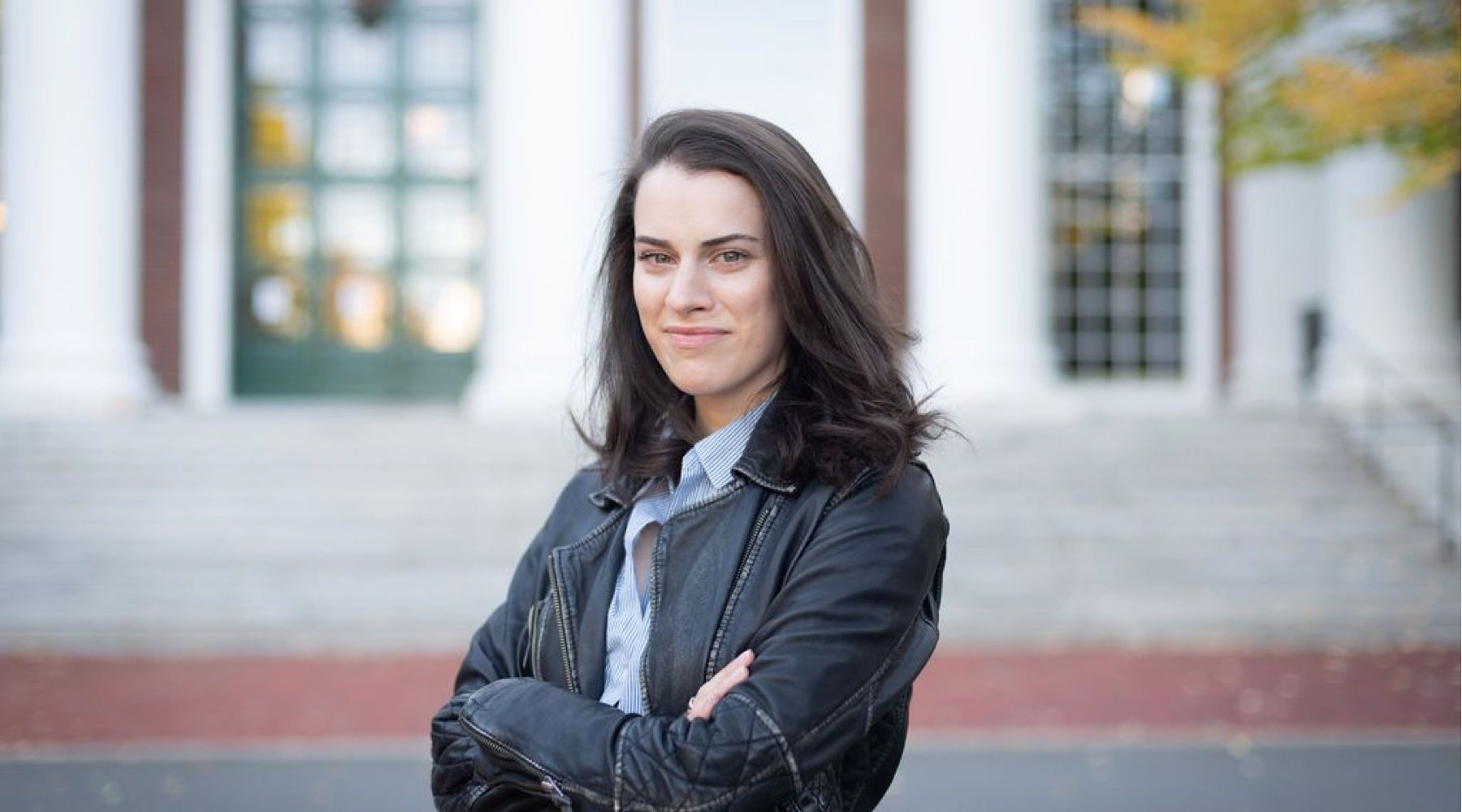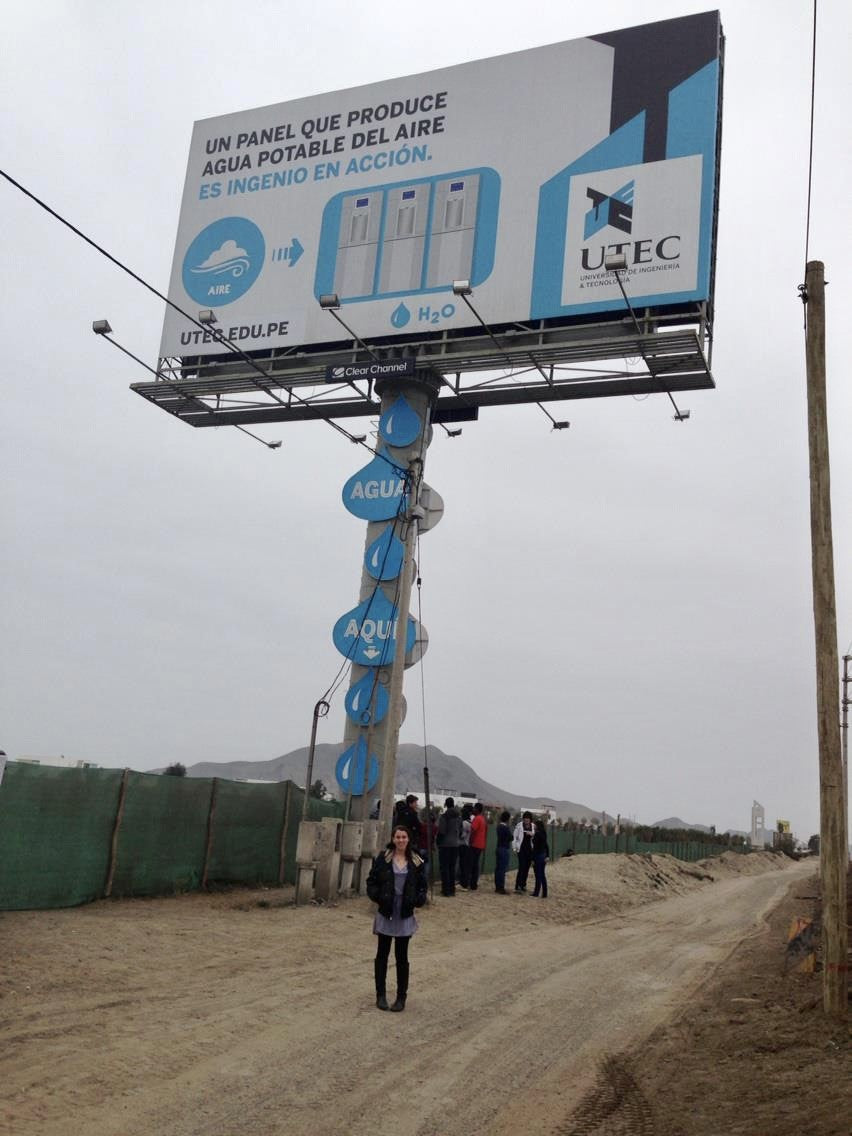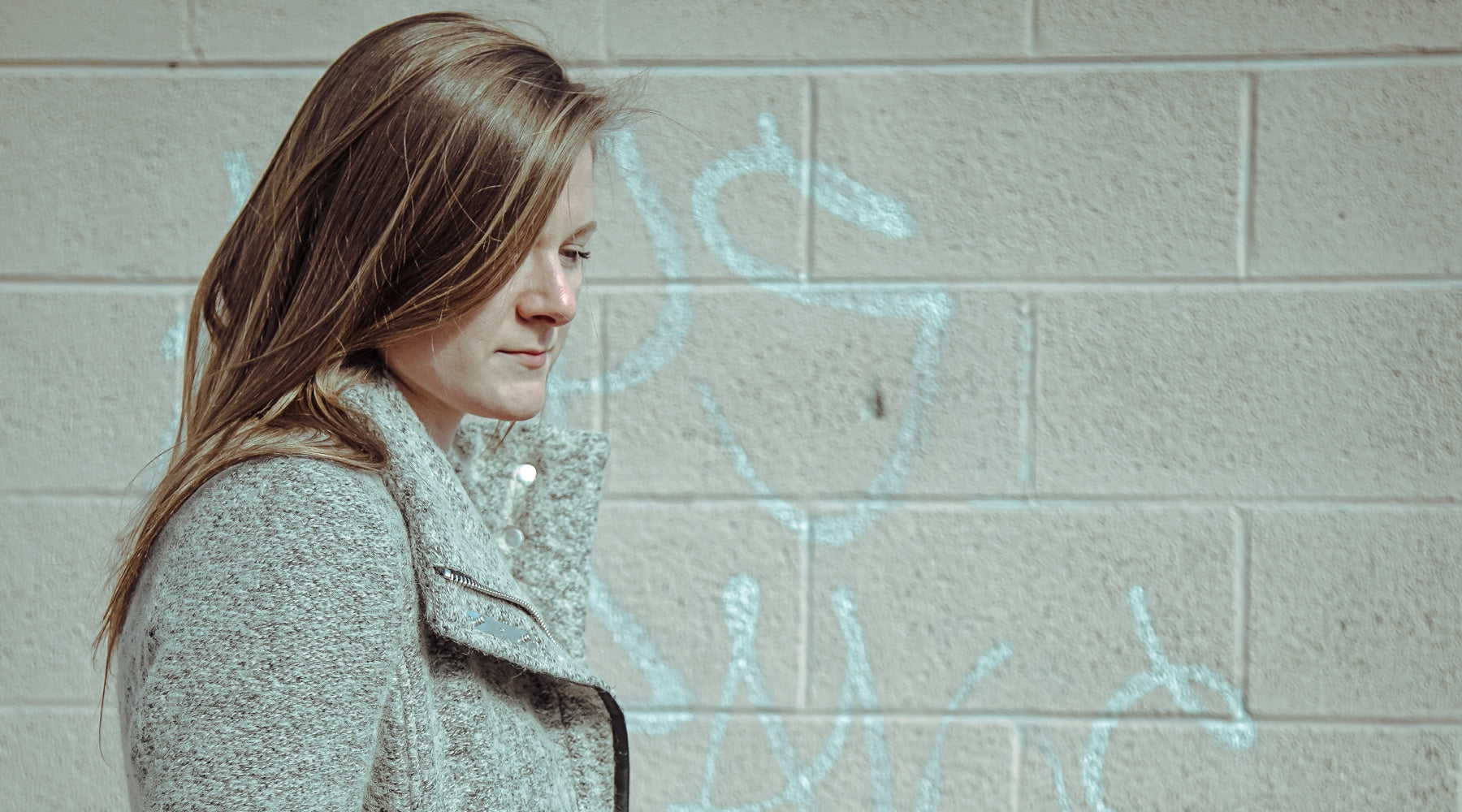
Decarbonized Future
Raquel Schreiber is an advisor for technical and business strategy for early stage decarbonization technology companies. She is also pursuing a dual-degree MBA and MS in Electrical Systems Engineering at Harvard. Prior to her current role, Raquel was a Senior Technical Program Manager at Tesla working to develop and mass scale their battery programs. She wants to make the world a better place by helping to advance environmentally minded technology.
How did you get into the world of STEM?
My high school did not teach engineering, but we had some great science classes and I loved them. I read news about big problems in the world that I wanted to help solve, and I was especially fascinated by clean water because of how tied it is to women’s empowerment in certain parts of the world. My parents championed women’s education for me in my Jewish upbringing, and I saw how access to education could change the game when it came to women being leaders in our communities. At the time, I had no idea how having engineering skills would translate to actually working on water or on these problems, but felt that it was the right direction for me.
In college, I switched my engineering major a bunch of times. I had a sense that I wanted to work on environmental problems, but there are a bunch of toolkits that can help with that and I didn’t know how to start. I declared a major in bioengineering, then I realized that clean water is ultimately about chemistry and local government and policy, and eventually I landed on environmental engineering, which my school let me work on through a few different engineering lenses.
Was there a particular “aha” moment, where you knew this was the right path for you?
I had seen a cool billboard in South America in a popular science magazine. It took moisture out of the super humid local air by absorbing it into the billboard surface, and then the billboard pillar internal system processed the water through reverse osmosis. I thought – wow, there are super cool ways to use technology to solve problems that matter. But I had no idea how someone became a part of that.

One summer in college, I took a trip as part of a field course that was a collaboration between my engineering school and a university in Peru. It turns out, that exact billboard that was part of the university’s water treatment work. I got to go visit it and drink from the faucet at the base of the billboard from which the clean water flowed. I got to see how people from the community walked along the highway in order to access that faucet for clean water. It blew my mind because it was the first time where I started realizing, “Okay, I’m on the right path.”
There wasn't a clearly outlined plan to getting an engineering industry job, or how that would get me to work on these amazing projects, but it felt like, “okay, the pieces are kind of coming together.” For me, I think that was key.
What brought you to Tesla?
I was insanely excited about Tesla's mission. When Tesla came out with their first electric car, the Tesla Roadster, it was this two-seater sports car basically trying to prove to the world that electric vehicles don't need to be golf carts. Elon Musk published a public blog post called the Tesla Secret Master Plan where he outlined that his whole goal was to make a mass market electric car for a reasonable price.
My personal goal was a decarbonized future and I also happen to be a car person. I love driving cars, and I also designed and built cars in college with a team of students.
At the time, Tesla was not as established of a brand as it is now. The company was really shiny primarily in nerdy circles among people who were passionate about these things. But for me, it had everything that motivated me and all I wanted to do was to be a part of it. I went, I interned, I stayed for a year, I deferred my last semester of college (that I eventually finished), and went back to Tesla full time. Every single day, I felt like I was going to work with real purpose.
Was it hard to get a job in the industry?
I had no idea what it would mean to get a job there, or even what “industry” or corporate engineering was like. I only knew one student in my school who worked in industry, at SpaceX, so I spoke to her and reached out to every Tesla recruiter I could find on LinkedIn. I signed up to be a product specialist, someone who works at a Tesla store. I was trying everything I could possibly do to reach out and get connected. I applied to everything available at their internship program. After two interviews, they told me, “We think you'd be a fit for manufacturing operations” and I said, “Okay, yeah, for sure. Definitely, whatever you need.” I had no idea what manufacturing operations was. I had never even been in an operational factory.
Did the lack of experience intimidate you?
My whole approach at the time was “I will do whatever this company needs to succeed.” Do they need someone to wash the floors? I’m on it. They needed someone to help with launches in manufacturing operations? Great, I’ll figure out how to do it. Tesla was at a really special cross-section of exactly what I wanted to do in this world with the technical excellence to do it and with funding to succeed. So I was ready to be there helping the company succeed in any capacity.

There are some people who will see your lack of experience as an issue or having too much experience as an issue. There is always something that people can be critical of or see you lacking. You want to find people who value you and your unique talents and who can help you shine. I was lucky to find those people early in my career at Tesla. It was an amazing cross-functional team that helped me learn, that established a ton of connections across the company, and gave me a lot of opportunities to prove myself at things that I was really good at.
Something that I thought about during my time at Tesla and still actively think about today is “what types of people do I play ball with and who will play well with me?” When you feel valued, that's when you do your best work.
What did you get to do at Tesla?
I led new product introduction (NPI) for batteries for a cost-saving business unit that we called remanufacturing. I experienced a different side of the business that fundamentally was tied to sales, service, and customer warranties that gave me a really strong understanding of the company as a business as well as of battery technology. I then got to go more upstream and be the engineering program manager for battery pack systems of the Model 3, which was the last step of the master plan to introduce the first mass market electric car. That was a really, really difficult launch. I learned a ton about leadership during that time from the people around me. It was also a really good example of what being a program manager is all about. It was part running an engineering program, part running a business unit, and then a merger of those things together that ultimately is about your people.
What was it like to be a woman in your position?
I helped to launch the women’s employee resource group at the Tesla factory in Fremont, California. When I was there as an intern, a woman on my team was leading it. I remember we had a big event when Sheryl Sandberg’s Lean In book dropped. We hosted the event in the company war room and had technology talks from women across the company, speaking about their areas of expertise. One of the VPs at the time came to the event and he told me that his main takeaway was, “Wow, I walked into the room with so many women, and I realized this is what it probably feels like for you every day walking into the bullpen.”
The feeling of the power dynamic being a little different simply by walking into the room as a minority was so illuminating for him. Way more than any tech talk or data. That sticks with me. That’s half the battle, right?
For any employee, there’s energy that goes into building trust, proving your value, and building relationships. For me, it was important to be taken seriously as a business leader as well as an engineer. I definitely had to allocate some energy towards being mindful that I was visibly young, visibly the only woman in the room, and someone who's simply literally shorter than everyone else at the whiteboard. That’s where I see Xena Workwear’s value so much. The right daily tools, like non-toddler-looking safety shoes, makes that mental overhead so much easier to manage and more sustainable over time. I totally believe that Xena empowers by arming women with yet another tool in their toolbox that just wasn't there before.
What are you doing now?
Right now I'm in graduate school studying to get my MS and my MBA. It's been a very special time to take a step outside of my bubble and get to meet lots of people working on problems from so many perspectives. My primary focus is on understanding the system dynamics that enable strong, innovative engineering organizations and strong people-focused organizations to go hand in hand. That special place, where organization and culture meets technology roadmap, is also where I spend my time advising.

So what can we do to encourage more girls to go into STEM?
People love to talk about the myth of the pipeline problem. “Where are women dropping out or where are women not interested” but the question is more about “where are women not being supported enough?” I'm very process driven so I see everything as systems. Companies need to take maintain accountability for their leaders in positions of influence to creating systems for everyone to hire candidates outside of their closed-bubble LinkedIn algorithm, and to hire well, and to sustain employees well. There are some amazing organizations, like the National Society of Black Engineers, the Society of Women Engineers, and Women of Silicon Valley who have been working to support this from a recruitment perspective.
A former colleague of mine used the terminology of ‘makers and breakers’ and I’ve completely adopted that language. It means that some people are inherently makers – they think about how many ways are there to make this thing work, like designers and visionaries. And that some people are inherently breakers – they look for all the ways in which this thing can fail, like test engineers and many COOs. And that having both of these perspectives in the room is super important for real success. It means that you're not taking too much risk, but you're not leaving too much on the table. If you have the right people in the room to make sure you're not leaving this talent opportunity on the table, you end up getting more creative about how many ways are there to make this work.
Can you talk more about Community V. COVID-19?
A classmate and I launched Community V COVID-19 in March 2020 as public schools were starting to make the virtual transition. We knew that many students don’t have internet or devices at home, and we decided we’d try to figure out how to acquire and distribute devices to people who need them.
We ended up launching Community V as resource aggregator across a six different need categories in all 50 US states. We started by creating and running targeted digital ads to people who might need help. Then we created a device funding pipeline to distribute devices to our trusted partner programs. We plugged into some fantastic organizations like Good Shepherd Services that serves 100,000+ New Yorkers every year. They have existing strong relationships with public schools and communities, and we provided a quick channel for getting devices for those communities funded and deployed.
I view the type of work we’re doing with Community V COVID-19 as a band-aid that was launched to directly help people right away. It’s definitely important to lift where you stand, but I also believe that there are systemic solutions that need to be realized by both the private and public sectors. You can make a tax-deductible donation for internet and devices on Community V.
Do you have any advice for our readers?
We need more smart people to help us solve the world’s problems. I feel really lucky that my life has a lot of stability built into it, which has helped me take on risks at different decision points in my career. If I could push someone, I’d urge you to figure out what type of stability you need in your life in order to take risks. And then, go make it happen.
When there's a really big problem, you can solve it a billion different ways. I like to think about my contributions like a lever. Where’s the best place to put the lever to solve this problem in a big way? Which levers need talents like mine to make the most impact? It’s a combination of what is the problem, where's that problem already being addressed, what are my skills and talents, and where can I apply those to help. When those things align, how can you not, right?

